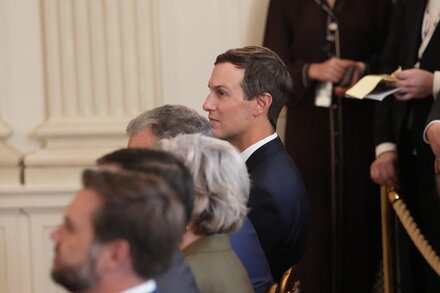Washington D.C. – The actions of a sitting president in pursuing perceived political adversaries inevitably establish precedents that could reshape the landscape of American politics for decades, potentially ensnaring even their own allies in future administrations.
Recent discussions among legal scholars and political analysts have highlighted the inherent risks when executive power is perceived to be utilized to target political opponents. While proponents might argue for the necessity of accountability, critics warn that such approaches can inadvertently legitimize similar tactics for subsequent administrations, regardless of party affiliation.
The Precedent of Retribution
The core concern revolves around the normalization of using federal instruments—such as the Justice Department, regulatory agencies, or intelligence apparatus—to investigate, prosecute, or otherwise impede political rivals. When a president, regardless of their stated justifications, embarks on a course of action widely seen as directed at personal or political foes, it implicitly signals to future leaders that such conduct is within the bounds of acceptable presidential power.
Every action taken by a president creates a new data point in the unwritten rules of our republic. If you prosecute your opponents, you’re not just dealing with a current challenge; you’re essentially signing off on a future where you, or your closest associates, could be the targets.
A Double-Edged Sword for Allies
This dynamic creates a precarious situation for those aligned with a president who pursues such a strategy. While benefiting from the immediate targeting of their adversaries, they might simultaneously be setting the stage for their own vulnerabilities. Should a future administration come to power with a different political agenda, the very playbook established by their predecessors could be turned against them.
This could manifest in various ways: new investigations into past conduct, heightened scrutiny of financial dealings, or politically motivated regulatory challenges. The perceived “weaponization” of government, even if denied by the initiating party, creates a cycle that can be difficult to break, as each side feels justified in responding in kind.
Erosion of Institutional Trust
Beyond the direct political implications, such precedents risk severely eroding public trust in fundamental democratic institutions. When law enforcement and regulatory bodies are viewed through the lens of political partisanship, their legitimacy suffers, making it harder for them to function impartially and effectively.
The long-term health of the republic relies on the perceived independence and non-partisanship of these critical bodies. When they become tools in a political struggle, it can deepen societal divisions and foster a climate of distrust where accountability is seen not as justice, but as political vendetta.
As the political landscape continues to evolve, the choices made by leaders in wielding their power will undoubtedly shape the future. The principle that actions against foes can set precedents that ultimately haunt allies serves as a potent reminder of the enduring consequences of executive authority.
Source: Read the original article here.





